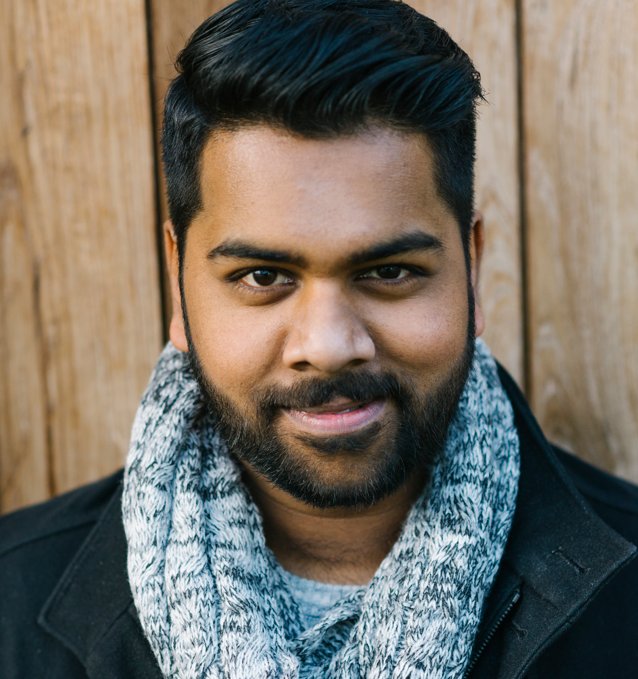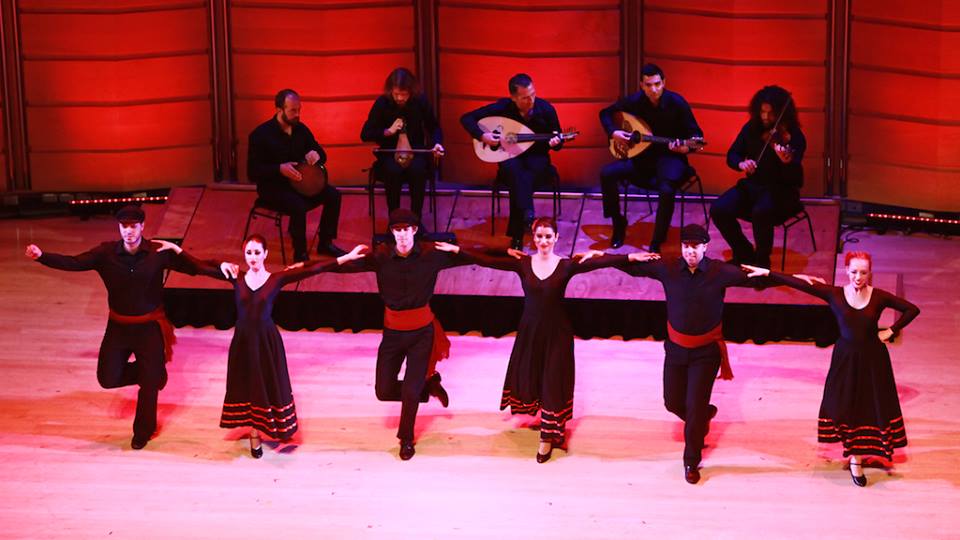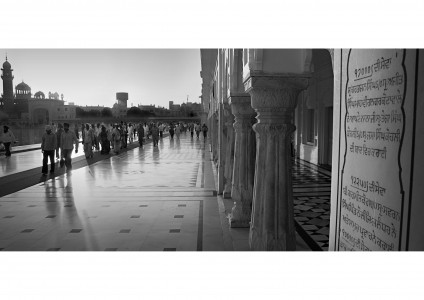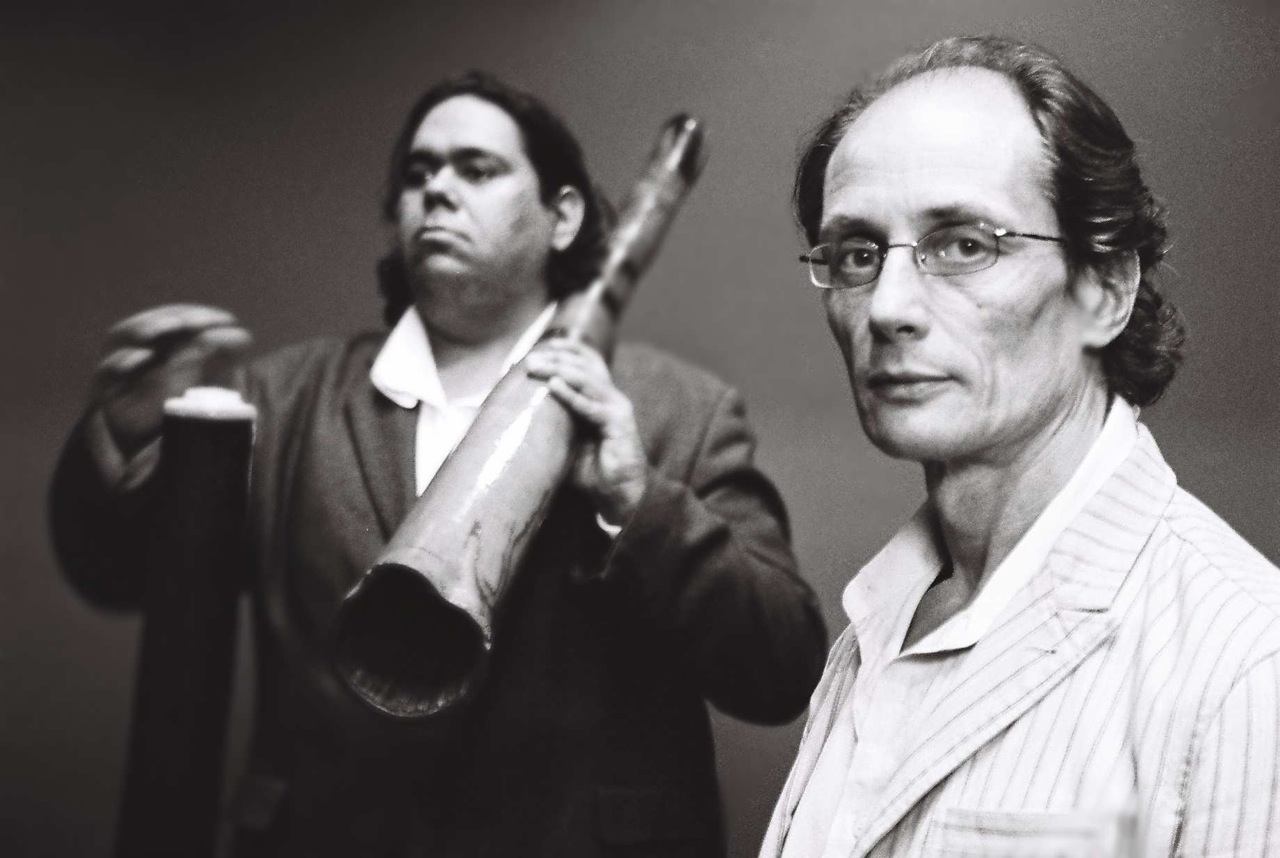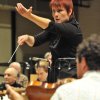Triple Opera Debut For Thrilling Melbourne Baritone
Melbourne baritone Kiran Rajasingam will reach three exciting milestones when he sings the role of Prince Yamadori in Opera Australia’s production of Madama Butterfly which opens at the Sydney Opera House in June. It is his debut in Sydney, his debut at the Sydney Opera House and as a principal with the company.
As Prince Yamadori, he plays the Japanese the nobleman who seeks Butterfly’s hand in marriage but is rejected. Given the vigourous debate surrounding the depiction of race in opera and the representation of people of colour on stage, it is lively discussion that develops when Rajasingam talks to SoundsLikeSydney from Melbourne, prior to arriving in Sydney.
Born in Melbourne to parents of South-Asian heritage, Rajasingam graduated from the Melbourne Conservatorium of Music classical voice performance, realising a passion that was ignited as a nine-year-old when he joined the Australian Children’s Choir as a treble. Rajasingam recalls the memorable early experience of being recruited to the choir. “They came around to my primary school and listened to the students and thought there was a voice there and asked me to join one of their junior choirs and that was my first real experience of singing.” Rajasingam sang with the Australian Children’s Choir till he was 12 adding “My wonderful parents saw there was real love of music there so they put me into singing lessons when I got to high school. I don’t come from a particularly musical family; both Mum and Dad are musical people but never trained. Dad has a really great ear for music and a lovely voice; much to her credit, Mum started piano lessons when I was about 10 because she was always interested in music. I remember she’d practice on our little electric piano in our living room. I was so obsessed with seeing what she was doing and trying to figure it out myself that to their absolute credit they wanted to encourage me and started me on piano lessons as well.”
After graduating from the Melbourne Conservatorium, Rajasingam cut his operatic teeth with Victorian Opera in several touring and educational productions. He explains, “The first thing that I did with VO was in their youth opera, a wonderful program which gives younger singers experience in a professional environment. In my second year of University, I was cast as cover for one of the principal roles in The Magic Pudding and returned for regional tours and educational performances.” Rajasingam then joined their chorus and was later appointed principal, singing the role of Cappadocian in Salome on the main stage in early 2020. Rajasingam is gracious in his acknowledgment of Victorian Opera saying “That company was extraordinarily good to me as I was learning the roles and looking for a pathway in this profession.”
At the end of 2020, Rajasingam started working for Opera Australia joining the chorus for Aida and Ernani in in Melbourne before being cast as Yamadori. However, opera is not his only forum. Rajasingam has a love of Art Song and recitals of songs by Anton Rubinstein, Brahms, Mozart and Berg, along with concert performances and ventures into contemporary music feature on his growing list of engagements.
Rajasingam recently had the unrivalled opportunity to share the stage with one of his idols, the Italian bass, Ferruccio Furlanetto, who recently starred in Opera Australia’s Melbourne concert production of Mefistofele. “I remember so vividly sitting on my bed watching YouTube and discovering a video of Furlanetto singing Leporello in a production of Don Giovanni and hearing him singing the Catalogue Aria. It was the catalyst for me to fall in love with opera. I was in Year 12 and my singing teacher floated the idea of learning an aria for an exam. I didn’t really know much about opera at the time but it directed to me to explore the genre and start listening.” Captivated by the singing, the humour and the story-telling, Rajasingam adopted Furlanetto as one of his role models. “Watching Furlanetto sing that role every night from the chorus was just extraordinary and it felt like a ‘full circle’ moment to see this person who was my reason for loving the art form. It was really exciting.”
For Rajasingam, singing the role of Yamadori involves seeking out the authenticity and the humanity in the character. “That sounds a little esoteric but he is a character who at face value seems quite divisive and very stuck in his princely ways. He seems to be using Butterfly for his means. But for me, I really want to find the genuine part of him. Never in his life has he met anyone like Butterfly. She challenges him and even talks down to him at times. She doesn’t treat him the way that most people would treat a prince and that would totally catch him off his guard. There is something really exciting and new about that.” Rajasingam continues “As his scene progresses, Butterfly isn’t fooled by his façade and there is something alluring about that for Yamadori and something that he desires. That’s where the heartbreak for him comes – that his love is totally unrequited in the face of this fascination with Butterfly that Yamadori has never seen or experienced before. For Butterfly, Yamadori is absolutely somebody that she is very familiar with and that’s where she really is this person that he cannot have and that’s very sad,”
For those who follow opera, the recent discussion about diversity in casting and narrating historical tales that are at odds with contemporary issues of race and gender has been hard to miss. Rajasingam observes that it is a complex and multi-layered debate. “There is so much nuance needed in the discussion that we approach and tell these stories. Colour is not something we can check-in at the door. And in any industry, being a person of colour is not something we can put aside; it is something that we are.”
Rajasingam explains “Historically speaking, opera has been a European art form. I’m conscious of occupying space in the opera world as a person of colour and the importance of audiences seeing us in the stories that we are used to in particular settings being told” he explains.
Rajasingam is emphatic. “There are absolutely ways of approaching these works authentically and engaging with these worlds that are safe culturally and which speak to where we are as a society. I firmly believe in this art form, its values and its ability to connect us to each other and to be relevant to our 21 century society. Looking at a lot of these stories, ultimately, they are about different themes and not about race. The fact that Madama Butterfly is set in Japan is not the crux of the story that is being told. Puccini wasn’t calling on any authentic representation of Japan and that’s not what the story is about. Turandot and other operas that use place are not talking about those places in any kind of real and authentic way and I don’t think that they’re imperative to the telling of the story. It’s about the way we approach the narrative and tell it in a way that in a way that doesn’t belittle or demean or further the marginalisation of parts of our society.”
It was precisely the visual kaleidoscope of opera that drew Rajasingam to its ranks. “Something that opera does well, and something that eventually drew me to opera, as an art form is to think practically about singing in productions where family members didn’t look the same or where singers come from a whole variety of backgrounds. We trust the audience to piece them together, to say to them ‘You’re clever enough to be able to recognise genetic connections even though performers don’t look the same.’ That was something that appealed to me in thinking about how I would actually get hired in the industry. In opera there seems to be a sense that I don’t need to look like a particular person if I can tell the story and that has been my gateway as a young singer.”
Rajasingam points to Shakespeare as a particular example of context. “We could look at opera in the same way that we look at Shakespeare. We recontextualise Shakespeare all the time, taking those plays, putting them in new settings and new sets of circumstances, yet continuing to tell the crux of the story to create relevance to our lives today, but in new ways.”
Living up to his ideals, once back in Melbourne, Rajasingam will continue his singing engagaments with commitments on stage and in the recording studio while joining Arts Centre Melbourne’s Cultural Equity & Inclusion Team as their Equity & Inclusion Solutions Coordinator, working with them to meet the Cultural Equity & Inclusion commitments of their new organizational strategy. For him, it is important to contribute to the industry and to advocate for change that makes it more equitable for people who are often excluded, meeting his sense of responsibility to pave a way and create opportunities for other marginalised or minority groups. “That’s the duality of being a person of colour in this industry” he says. “It is about performing the arts we trained to create and tell the story we want to tell, but also to look at how we can leave this industry in a better place from being a part of it.”
Shamistha de Soysa for SoundsLikeSydney©

